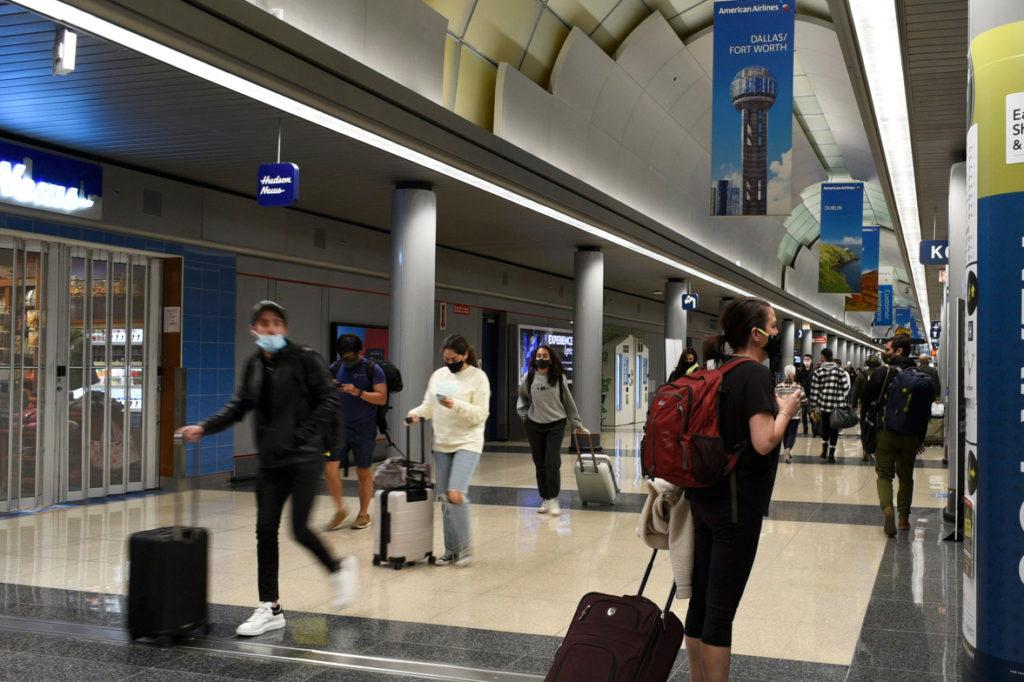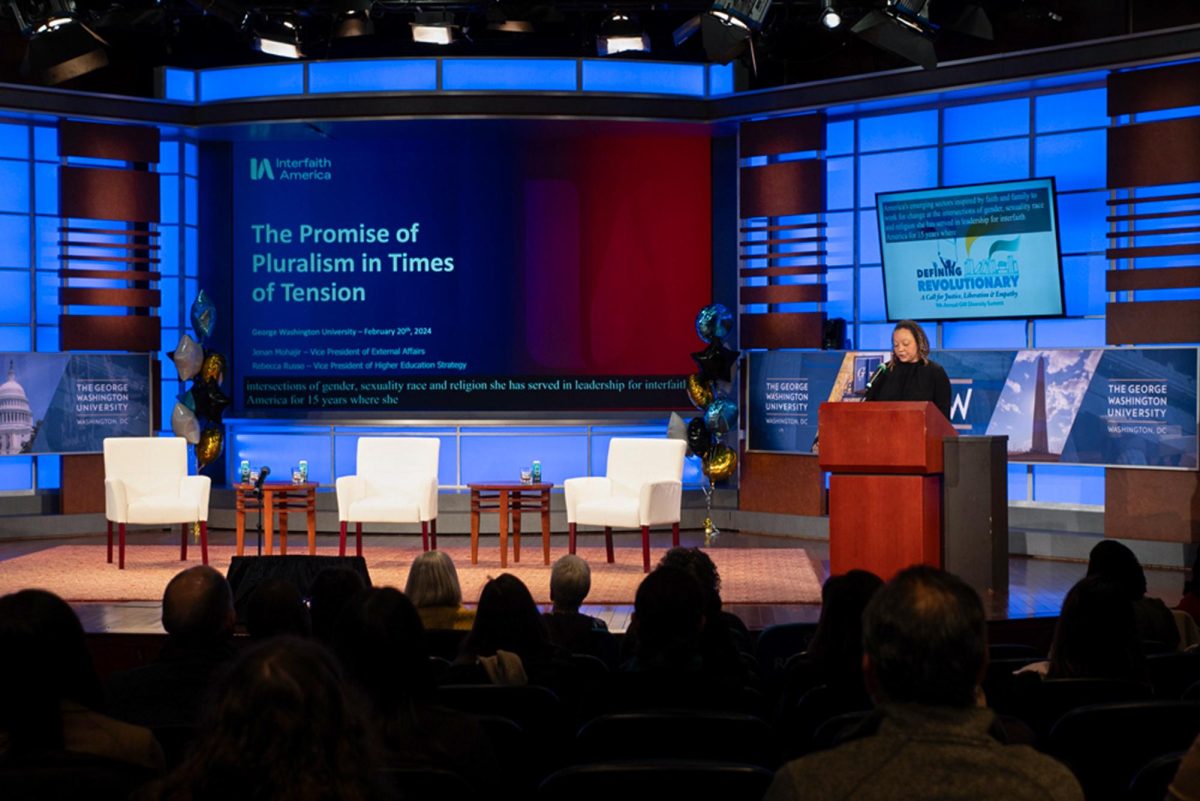With the new COVID-19 Omicron variant spreading across the globe and entering the D.C. area, students said they are turning to precautions like wearing masks, getting tested and receiving booster shots to assuage concerns about Omicron.
The United States restricted travel from South Africa, Botswana, Zimbabwe, Namibia, Lesotho, Eswatini, Mozambique and Malawi after the Omicron variant was first detected in South Africa before being found in other countries. In interviews, more than a dozen students said while they have some concerns about the new variant, safety measures are easing their fears about traveling home for winter break despite the detection of the Omicron variant in several parts of the country.
The World Health Organization labeled Omicron a “variant of concern” late last month but have not yet identified whether it is more transmissible or may cause more severe illness than other variants. WHO is working to understand what level of protection the approved coronavirus vaccines will offer protection against Omicron.
David Rangel, a freshman majoring in political science, said he is flying home to California for break but is not concerned about the new variant because he has planned to take precautions to avoid coronavirus infection while traveling. He said he has not felt any increasing level of concern with the Omicron variant because he registered to get his booster shot as an extra level of precaution for when he travels.
“I haven’t thought about it to be honest,” he said. “It was going to be a risk no matter what because I’m flying all the way home to Los Angeles, so that was a six-hour flight.”
Jefferson McGough, a freshman studying civil engineering, said he is concerned because of the uncertainty surrounding the variant as health officials continue to learn more about Omicron. He said he received his booster shot and has taken precautions to avoid infection, which has soothed some of his concerns about contracting the coronavirus.
“There’s a lot of uncertainty,” he said. “Nobody knows what’s going to happen with this new variant. But I’m comforted by the fact that I’ve done all I can, and I’m getting tested pretty regularly as well.”
Sami Dulam, a freshman majoring in political science and public policy, said she is traveling home to Mississippi and then to Miami with her family. She said she is concerned about traveling and returning to school after being in other environments where residents have less “self-responsibility.”
“I’m just more concerned – less about traveling – but more about just being in those environments,” she said. “Because I always wear my mask around, but I’ll be like the only one at a restaurant. So I think that’s what I’m more concerned about, and also just coming back, having been there.”
She said she has taken safety precautions like wearing an N-95 mask and not removing her mask to eat or drink when traveling to prevent catching the coronavirus.
“I always really wear an N-95 on the planes,” she said. “And I do try to not really eat or drink on the plane, just to be on the safe side. If I eat a snack and drink something, I’ll probably do it in the airport more separate from people.”
Alex Aquino, a junior majoring in political science, said he is not concerned about the new variant since he is not using public transportation to travel home. He said he will get tested on campus to receive a negative test before he returns home to ensure he does not get family members sick.
He said he chose to drive home with his parents because of the increased risk of contracting COVID-19 on other transportation options like trains.
“I’m going to be getting driven by my parents, so it’s not like I’m taking a plane or public transportation that increases the chances I’m getting sick,” he said.
Lauren Sforza and Erika Filter contributed reporting








